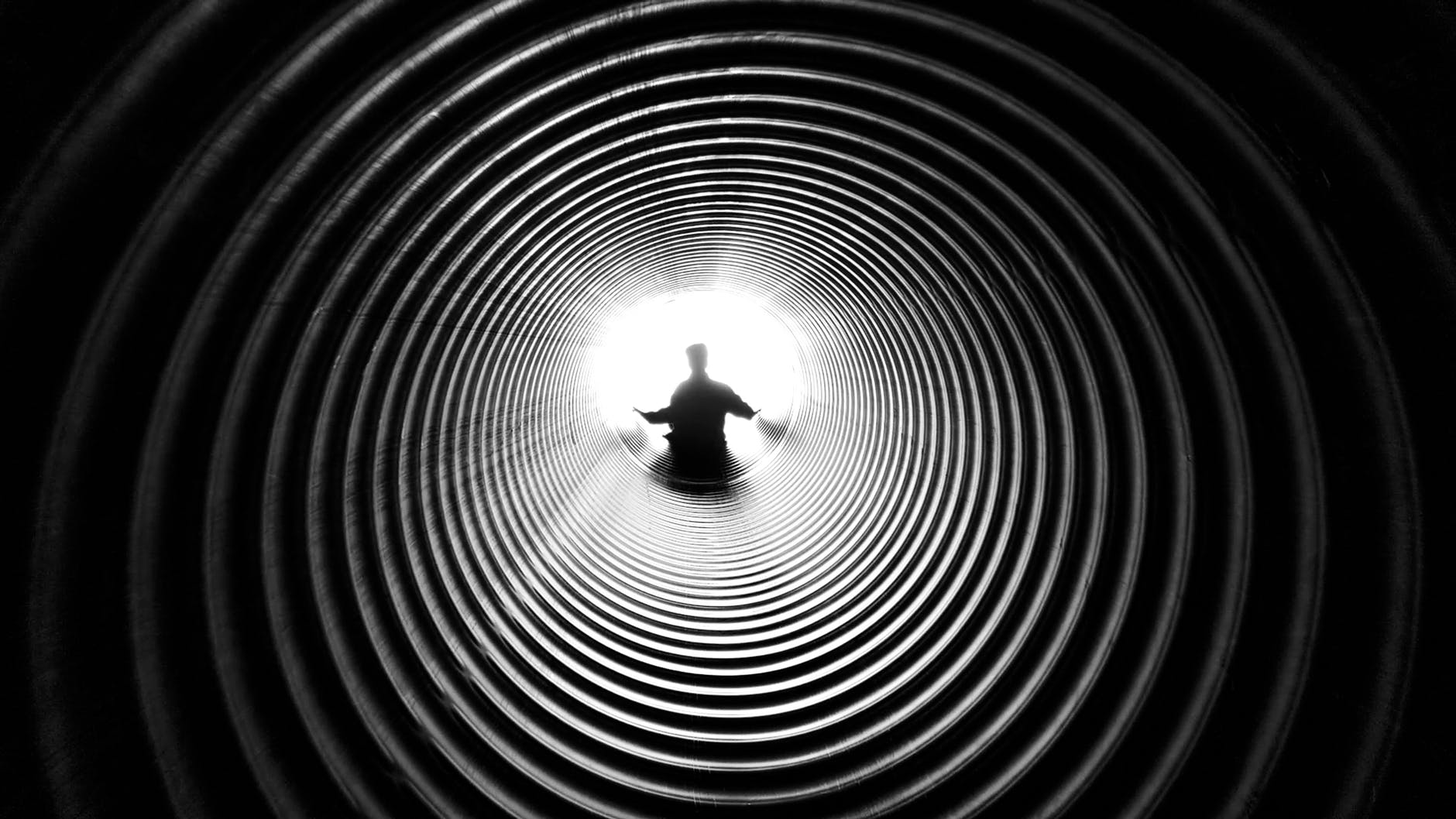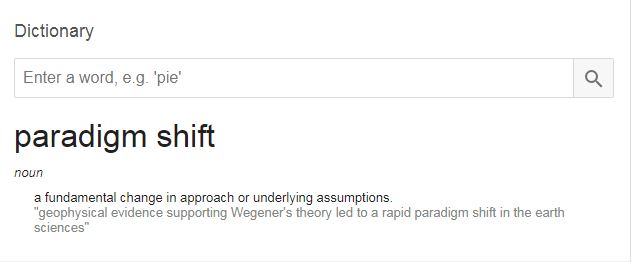This August officially marks ten years of investing.
Ten years is a long time and I’ve learnt some things along the way. However, my investing journey is by no means over and I’m pretty sure there are many more things I will have to learn.
This post is going to be a reflection of the steps, missteps and lessons I have learnt so far. (Beware: long post ahead)
How I got started
Investing was something I read about from Rich Dad, Poor Dad. I know the book is controversial (see the criticism the book got) but that’s the first time I even got the idea of being an investor.
However, that idea never really took any shape until one day in 2006 when I saw a flyer on campus that the business school at the National University of Singapore (NUS) was organising a talk by Robert P. Miles. Robert P. Miles was invited to give a talk about his book, Warren Buffett Wealth. That was my first introduction to Warren Buffett.
Subsequently, I read whatever I could find about Warren Buffett and Value Investing. Of course, it didn’t help that I had no idea how to read a financial statement. By nature, I’m not one to go through the details with a fine-toothed comb and I was studying for an undergraduate degree in Economics. Not exactly the kind of major that teaches much about accounting.
Thankfully, the mid-2000s had some resources online. I’m forever grateful to Value Buddies and its predecessors (Wallstraits and subsequently, Afralug). Some of the regulars there have been generously sharing their wealth of experience and that really sped up my learning.
I bought my first stock (technically, it’s a unit since it’s a Reit) in 2007 and still hold it to this day. To be honest, I didn’t buy it because I had great insights or superior analysis of its financial statements. I bought it because I figured that Singapore’s ageing population will be spending a lot more on healthcare in the years to come. Thankfully, that investment has paid off handsomely.
Of course, that investment wasn’t all smooth-sailing. Buying in Aug 2007 meant that basically, I was buying at the top of the market. For those too young to remember*, Aug 2007 was as high as markets got before things started to go to hell. End 2007 to September 2008 was just a long descent into hell and Lehman Brothers’ collapse just caused everything to fall off a cliff.
Getting through the Global Financial Crisis (GFC)
The GFC seemed so long ago but anyone who lived through that would have seen their investments get totally wrecked. I’m pretty sure some of my investments were down by 50-75% at one point.
The silver lining was that having just started out in the market, I didn’t have a lot of skin in the game. In fact, that was the best possible time to commit even more money. So did I make tons of money from that period? Not really. There was always this constant fear of whether the market would go down some more. And by the time, the market was in an uptrend, you start worrying about whether another shock will hit the system.
That, however, provided me with a good understanding and experience of classic market psychology. It’s a lesson that not everyone may learn or may even learn too late. A very senior colleague of mine who made his retirement nest egg in the GFC by buying tonnes of stock at what was almost the market bottom basically sold out in May 2015. He was vindicated by the horrible second half of 2015 but practically missed out on collecting dividend income in 2016 and the run-up in late 2016 till now.** On the contrary, I stayed in the market and my portfolio is roughly 7% higher based on pure investing returns for the same period. In short, market timing is a difficult business.
Investment Record
First off, a disclaimer. I’m not putting my investment record here to brag or in hope that someone will recognise my prowess and give me a job. In fact, you’ll see that my record is nothing to brag about. My objective is to show that any average person can achieve decent returns in the market with a solid plan, plenty of patience and a decent understanding of markets.
In 2007, I started with a portfolio of roughly $6,000. This may not seem like much but I can assure you that it was a substantial sum to a university undergraduate at that time. Unfortunately, I was young and not smart enough to know what records to keep and where to keep them (this was all before we had cheap gigabytes and cloud storage) so I only kept records of how much my portfolio was growing. It was only in early 2011 that I began to keep records of both my investment returns (that is pure investing returns not inflated by me adding more money) as well as the actual growth of my portfolio.
From 2011 till now, my investment returns (capital gains and dividends reinvested) or what’s more commonly known as Compound Annual Growth Rate (CAGR) is about 7.51%. However, the actual growth of my portfolio is 18.85% p.a. for the same period.***
So what gives? As I’ve said before elsewhere on this blog, that big difference is down to mainly two things: (1) I started from a low base. In early 2011, my portfolio was below six-figure territory. Just by saving $1,000 a month, that would increase my portfolio by somewhere about 12%. (2) Savings are key to building your portfolio because that acts as a buffer or insurance. When markets are down, that continual addition to the war chest helps you add positions when the markets are cheap. When markets are expensive, you just build up your cash position to take advantage of when markets (eventually) get cheaper.
Obviously, as time goes by, your savings will contribute less and less towards your portfolio growth. The growth in your portfolio will come to consist of only your investment returns and that shouldn’t really be a cause for concern because when that time comes, you will probably have reached your financial goals. In fact, the more you save each month, the quicker you will reach financial freedom assuming of course that your spending stays the same after having zero income.
Three steps to get started
Step one, read as much as you can. You should not be reading about the theoretical or technical knowledge regarding investments but as much of the history, different schools of thoughts, and the different participants in the markets. In other words, don’t just know how to read the financial statements of a company and be able to do all the not-so-fancy calculations but start to appreciate how markets used to be and how they are now.
Also, not everyone in the market is an investor. Even among investors, there is substantial variation with regards to how long-term an investor’s view is. Get to know how traders and speculators behave because invariably, the siren song of being a speculator is tempting and you need to know when you call yourself an investor while acting more like a speculator. Traders have their place in the market but you have to know if you have brains and fortitude to be one.
Step two, just do it. I’m sorry for borrowing Nike’s slogan but there is really no better time to get started. As long as you are using money that you are prepared to do without for 10 years or more, being in the markets should not be an issue.
Step three, keeping learning and getting continuos feedback. Feedback doesn’t just come from the markets. You should seek out like-minded individuals who want to better themselves. ValueBuddies.com is a valuable place. There are plenty of investment bloggers (e.g. kyith at Investment Moats, Dividend Warrior) out there as well who maintain a good conversation with people who leave comments on their blog.
Environmental factors
A note of caution for those trying to replicate my model. Your investment portfolio cannot exist in a vacuum. If my wife was a high-maintenance trophy wife, the portfolio definitely wouldn’t be where it is today.
Fortunately for me, my wife was raised in a very practical household with parents who are the most down-to-earth people one would ever meet. Our expenses are minimal and our housing expense is way below our means. In a world where mortgages can stretch up to 30 years, we only have 5 years left on your mortgage despite only having bought the place a few years ago.
Of course, circumstances vary among households but I believe that contrary to what most people say about the average person living in Singapore, we are living proof that staying in Singapore doesn’t have to be an exorbitant affair.****
What’s the end goal?
My personal goal is to have my portfolio provide enough income for me and my wife to meet our expenses. These could range from daily expenses such as utilities and groceries to one-off expenses such as medical emergencies and holidays.
Once that goal is met, we will have much more options on how we want to live our lives. I don’t know about my wife but I certainly would explore my creative side much more. I have dabbled in some of these things recently but I really would want to pick up some skills like drawing/sketching, creating web apps, dabble a little in simple DIY tech-related craft (like using a raspberry pi as a security cam), baking bread and cooking at a more advanced level. Or as my students might put it, I want to become a pro at these things.
If you’ve been following this blog, you will realise the slowdown in postings. I won’t be blogging as much as before because of impending changes on the job front as well as this minor obsession I’ve developed on programming.
Good luck investing! Here’s to the next 10 years.
Endnotes:
*I feel weird saying this but I do have some students who have just gotten in the market and for whom the GFC of 08/09 seem like a distant memory.
**Of course, financial planners will rightly tell you that your age profile matters when it comes to asset allocation. However, converting almost your entire portfolio to cash is not a valid retirement strategy either with interest rates on cash being so low and inflation for seniors (healthcare) being higher than the general inflation rate.
***My investment portfolio consists only of stocks and cash. I haven’t included my property, CPF monies and other assets such as insurance-based financial products that could be surrendered for cash.
****We are by no means extremely frugal people. If I wanted to go to that extreme, I would not have gotten a car and we wouldn’t be taking yearly or even twice yearly holidays to places like Japan, London and my favourite retreat off Bintan.






